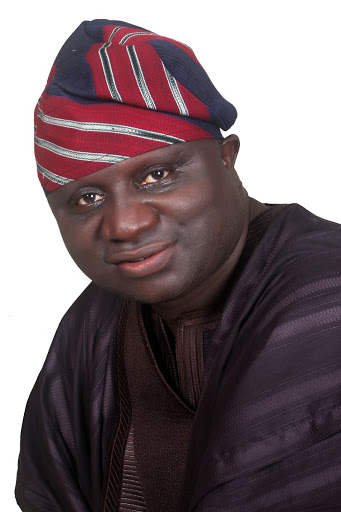Isaac Albert, a Professor of African history, peace and conflict studies at the University of Ibadan, says Sunday Adeyemo, popularly known as Sunday Igboho, is filling the void created by the federal government on security issues.
According to him, the failure of the federal government to take proactive measures to address security issues in the country has given rise to non-state actors like Igboho.

Igboho, who had blamed the herders for contributing to insecurity in the state, had issued a seven-day notice to the Fulani community in Ibarapa to leave Oyo.
The notice expired on Friday, after which the youth leader stormed Ibarapa, in the company of his supporters.
However, shortly after Sunday Igboho’s meeting with his supporters, hundreds of protesters launched attacks on a community said to be inhabited by Fulanis, and set properties ablaze.
Speaking on Saturday, Albert said the federal government’s failure to respect the voices of governors and traditional leaders on security issues created a void. He also warned that if the present situation in Oyo state is not well addressed, it could lead to a nationwide crisis.
“Where you find that the leadership of the country is not showing respect for the opinions of state governors, council chairmen and traditional rulers, private individuals typically described as non-state actors will fill that space.
“All over Nigeria, people are facing security challenges. There is a collapse of security system all over the country and in all this, there are no actionable responses of the federal government.
The governor of Nasarawa just told us Boko Haram is regrouping in his state, and Zamfara state is facing serious security crisis. In Ondo state, forest reserves are being taken over by career criminals.
“What we see is that the federal government is not responding to every issue that has to do with herdsmen. To me, that is a sign of collapse of a state. A situation where government cannot guarantee security for its people amounts to a void that Sunday Igboho is trying to fill.
“Igboho does not have any authority to do what he is doing. But in a situation where the state fails in security, people will resort to self help and that is what we are seeing. It is a sign of complete breakdown of law and order. You can imagine the number of young people who are supporting what Igboho is doing.”
Speaking on the directive by Seyi Makinde, governor of Oyo, and Mohammed Adamu, the inspector-general of police, to arrest Igboho, Albert stated that it would only escalate the situation.
“The statutory responsibility of the IG requires him to make such order. The governor of Oyo state will be failing in his duty if he did not say what he said. If he did not say that, it could be interpreted that he is the force behind Igboho. But the security situation in Oke Ogun area of Oyo state makes the arrest order difficult to be carried out,” Albert said.
“If Igboho is arrested, I see an escalation of the problem. If he is not arrested, I also see an escalation of the problem. What we should have is a middle ground solution of the problem.
“That middle ground solution is what Adebayo Alao-Akala, the former governor in the state, suggested this evening — for Makinde to call a council of state meeting of former governors and leaders of opinions in the state. That will give us a solution that will not make the situation become a big national crisis. If the IG that has not secured anywhere in Nigeria chooses to focus on Oyo state, I see the police further humiliated.
“I am not in support of Igboho, but I see a situation where the people of Oke Ogun will rise up to defend him if the police try to arrest him at present. I am addressing the reality of the present moment.
“The people have been abandoned. They are extorted and killed everyday. I expect the federal government to begin to take proactive steps to address security issue in the country. It is not a question of issuing threats, but a question of taking actionable solutions to the problem.”


